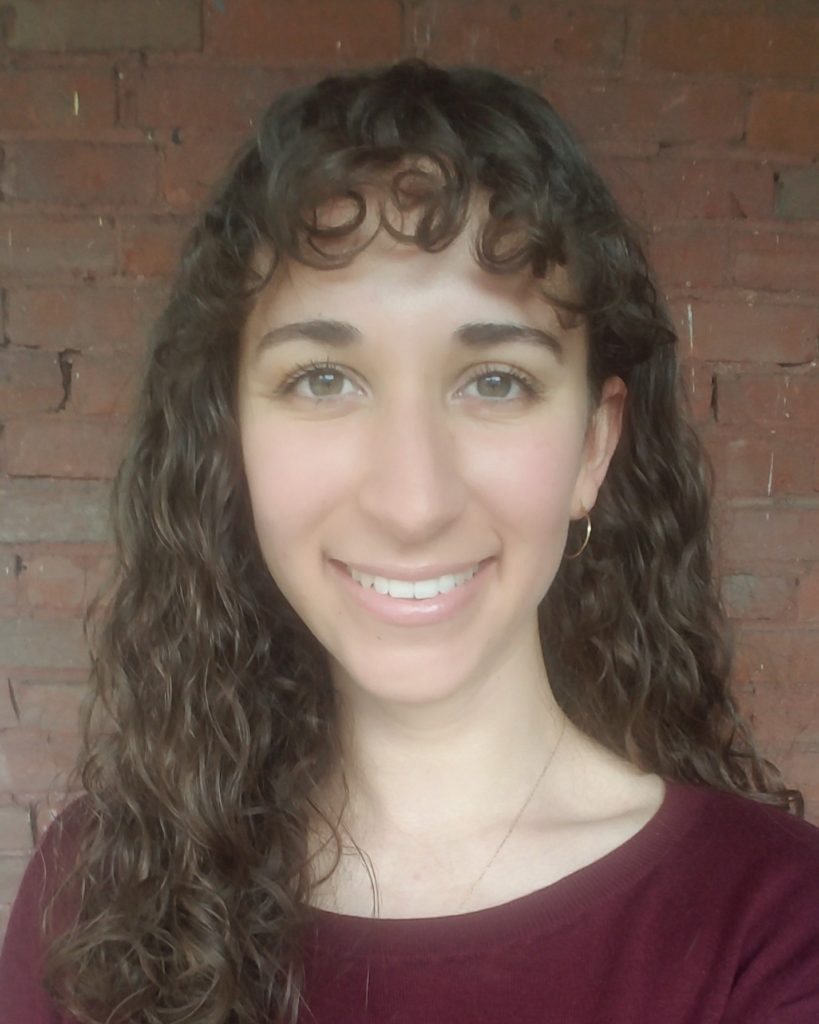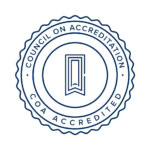Social Workers Step up to Provide Crucial Support to People Affected by the Coronavirus

John Carduff dons a cloth mask and puts on a pair of latex-free gloves to take the temperature of each resident who enters Father Bill’s & MainSpring, a homeless shelter located in Brockton, Massachusetts.
Carduff, who is scheduled to receive his master’s degree from the Boston College School of Social Work in two weeks, reminds his clients to wash their hands and minimize contact with each other to slow the spread of COVID-19.
He says the homeless shelter recently moved 60 guests into tents to give residents more space to live and sleep. But WBUR reports that over 30 percent of clients have still tested positive for the disease.
“The biggest challenge is keeping everyone safe,” says Carduff, who’s worked at the homeless shelter for the past three years. “We are low on hand sanitizer, but at this point who isn’t?”
Carduff is part of a large contingent of students, faculty, and graduates of the School of Social Work who have stepped up to provide crucial support to individuals and families whose lives have been upended by the pandemic. Their efforts include delivering food to older adults who can not leave their homes, providing teletherapy to students whose schools have closed for the rest of the academic year, and tracking down people who have been exposed to the coronavirus and helping them isolate.
“Social workers are incredibly important during this time,” says Carduff. “People, now more than ever, are looking to social programs to help get through this pandemic.”
Sophia Suarez-Friedman, a second-year student who specializes in mental health, created a program to connect people in need in Watertown, Massachusetts, with those who are able to help.

“I definitely feel like I’m doing something to help,” says Suarez-Friedman, a clinical intern at the Wayside Youth and Family Support Network in Massachusetts. “I think that I would feel lucky to have any job now, but the fact that my work is supporting people affected by the coronavirus does make it more rewarding.”Applicants fill out a form to request aid, including food, clothing, and money, and get matched with someone who’s offered to fulfill that need.
I definitely feel like I’m doing something to help. I think that I would feel lucky to have any job now, but the fact that my work is supporting people affected by the coronavirus does make it more rewarding.” – Sophia Suarez-Friedman, Wayside clinician
The World Health Organization reports that COVID-19 has infected more than 1.1 million people in the United States and killed over 61,000 others. More than 55 million students in grades K through 12 have transitioned to learning from home to slow the spread of the coronavirus, according to a tally maintained by Education Week, and at least 30 million people have filed for unemployment since the pandemic began to destroy the job market in mid-March.
COVID-19 has forced Suarez-Friedman to work online. When she’s not overseeing the mutual aid program, she’s providing teletherapy to more than half a dozen adolescents who tell her that they wish they could return to school.
Suarez-Friedman advises her clients to find activities that they can enjoy at home, whether that’s playing video games, watching Netflix, or taking hot showers. When one client told Suarez-Friedman that exercise improved her mood, Suarez-Friedman showed her a video that highlighted the mental health benefits of moving your body.
“We talk about what they’re missing and discuss the positive things they’re able to do now,” says Suarez-Friedman, who plans to graduate in two weeks and then return to Wayside Youth and Family Support Network to work full time. “I’m there for them and let them talk about what’s difficult.”
Lizzie Fipphen, a first-year student who counsels children who attend the Parker Elementary School in Billerica, Massachusetts, uses Google Meet to play games, read books, and assuage the fears of her clients.
When one child worried that his family would catch the coronavirus, Fipphen provided strategies to minimize the risk of contracting the disease.
“I said that was a very valid worry and all we can do is protect ourselves the best we can,” says Fipphen, who specializes in children, youth, and families. “If you go outside, be careful,” she told the child, “and encourage your mom to wear a mask in the grocery store.”

